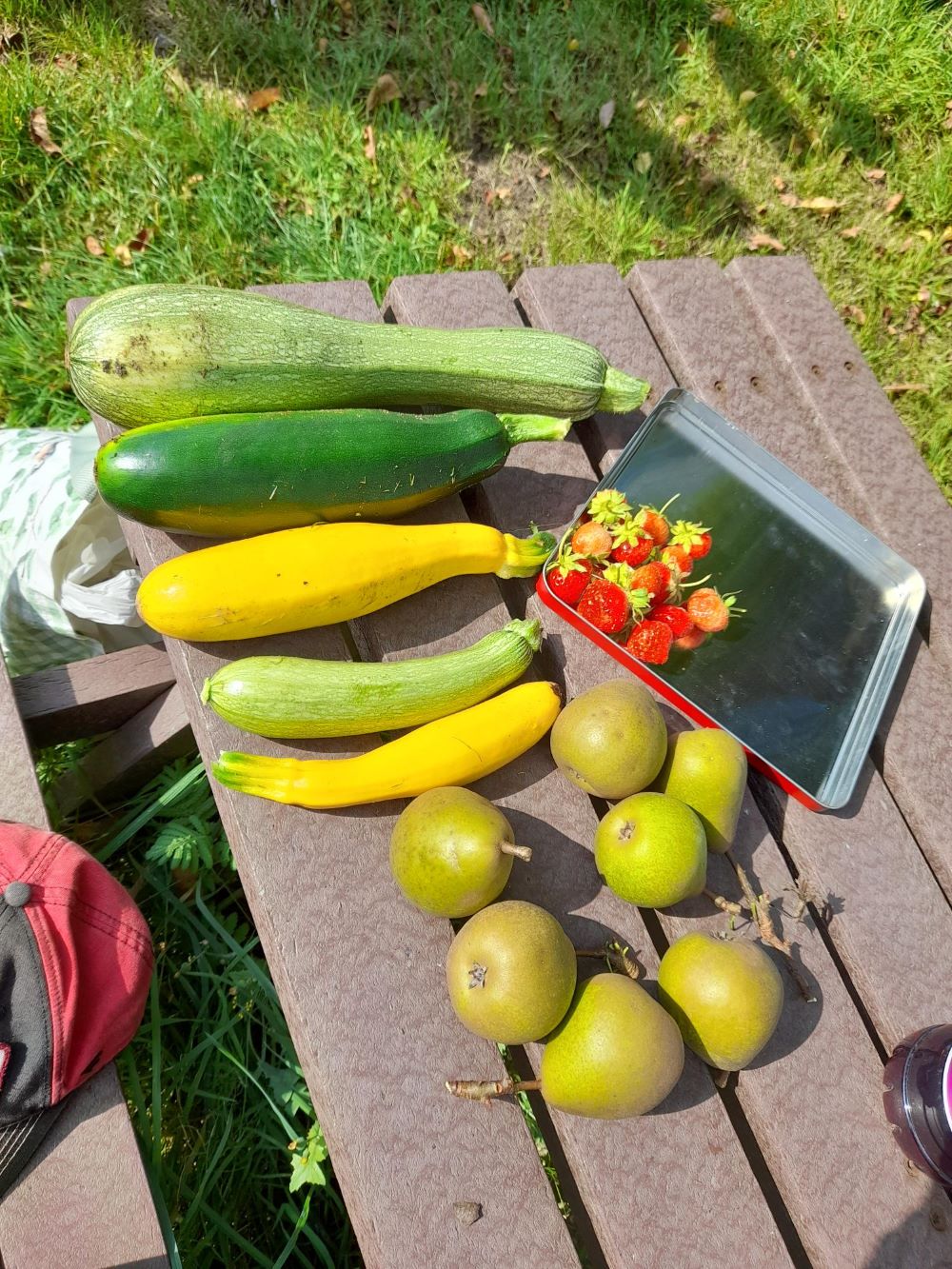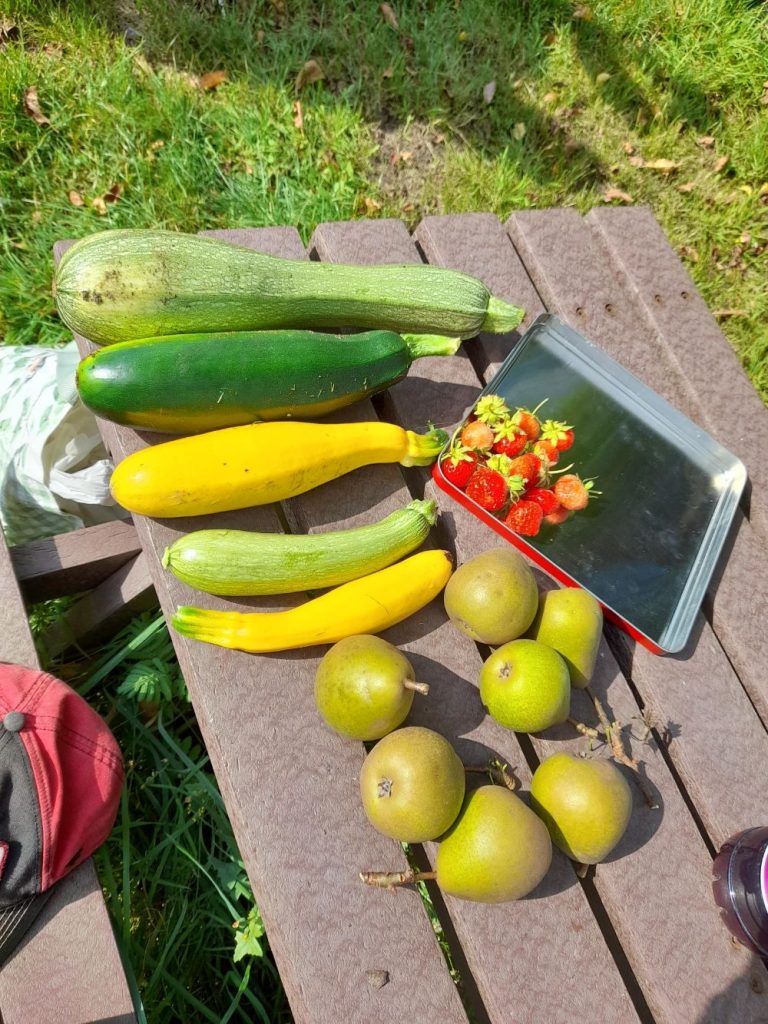Time in the garden is helping some mental health patients in Norfolk learn skills, boost communication and enhance their wellbeing.
Some people receiving care for complex psychosis from the Norfolk and Suffolk NHS Foundation Trust are helping transform overgrown allotments into productive vegetable patches.
The Rehabilitation in Complex Psychosis Team, based in Norwich, took on four plots at the city’s Bluebell South Allotments to give service users the chance to socialise, work with their hands and get out into the fresh air.
Since then, they have turned out whatever the weather to clear the plots, prepare the ground and plant and nurture a variety of different fruit and vegetable – including strawberries, courgettes, kale, lettuces and peas – before sharing out the produce to enjoy at home.
The service users also regularly make suggestions about crops they would like to plant in the future so that they all get the chance to grow their favourites.
Sharon Jermy, Senior Community Mental Health Occupational Therapist, came up with the idea to take on the allotments. She said:
“We’re really pleased with the success of these sessions so far. Our service users have really embraced the challenge of transforming these plots and growing their own, and it’s been great to see them develop relationships with each other and build their confidence each week.
“People experiencing psychosis can feel paranoid or mistrustful of others, and often end up withdrawing socially as a result. Projects like this can make a real difference by offering them the chance to take part in a practical activity in an informal and relaxed environment.
“Service users are welcome to turn up as little or often as they like, and can join in with the gardening or just sit and chat if they would prefer. It is especially helpful for those who don’t have any outside space at home, as the allotments provide a peaceful, safe and non-judgemental environment where they can relax.
“It’s been great to see some of our service users who wouldn’t usually engage to get invested in the project and feel involved. It’s been especially effective in capturing the imaginations of people who would ordinarily spend a lot of time by themselves, and we’re really looking forward to watch them further progress over the coming weeks and months.”



